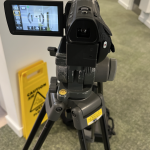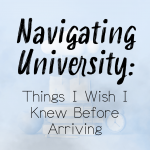 Produced by Guest blogger
Produced by Guest blogger
Jacob Whitelegg is a Mechanical Engineering graduate who took part in the IMechE challenge this year, representing Bournemouth University. In his guest blog, he reflects on the challenge and his time as a student.
Tell us about the IMechE challenge. What did you do?
I was part of Bournemouth University’s “2nd” year team, known as “The Crawlers”. This year the challenge was the internal pipe climber challenge. The task set out for us was to build and test a device that would be able to make its way up the inside of a pipe. Our device is known as “C-Bot” or “Christopher” to us.
I volunteered to work on the sonar of the device. First, I researched sonar by finding two papers on the subject. “Characteristics of Sonar Sensors for Short Range Measurement” by one Leena Chandrashekar first enlightened me that sonars characteristically longer range directly in front of it which then tapers off at the edges of the sensor. The paper also raised the issue that sonar has some trouble in tight spaces.
The second paper, “Physically Based Simulation Model for Acoustic Sensor Robot Navigation” written by Roman Kuc and M.W. Siegel, expressed the different threshold sensitivities made possible with sonar; 20, 40 and 60 hertz. We decided on a 40hz sonar sensor, the HC-SR04.
Next, we determined if the HC-SR04 was going to produce a standing wave inside the pipe or if there were any other issues with it. We conducted these tests by borrowing a test pipe of similar diameter and then passing the sonar sensor along it to test how accurate the sonar sensor was. The only issue was that the sensor couldn’t detect anything shorter than 3 centimetres, so we programmed our device to account for this drawback.
Were there any particular highlights?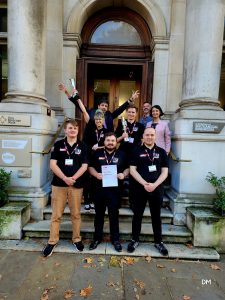
My highlight was catching up with my team and the lecturers on the day of the competition. The IMechE hosted the national challenge at its head office on the same street as Parliament and Buckingham Palace. I was absolutely flabbergasted because of where it was. I also thoroughly enjoyed meeting the people behind IMechE who organised the challenge, especially finding out the places and experiences they spoke about on the day.
What challenges did you experience and how did you overcome them?
A challenge I can recall is when we were programming the C-Bot and couldn’t figure out the best solution for it. We decided to base our program on a similar piece of software for a remote controlled car.
We adapted the program so that forward on the remote car would drive the prototype up the pipe. The same was done for the prototype going down the pipe. To further develop C-Bot, we used MATLABS to work out the calculations for the …… (equation, name) which we implemented into python programming of the device.
What your plans are for the future?
Right now I am currently looking into expanding my knowledge base of electrical engineering, specifically I would love to learn more about audio engineering. I am also making my way through “The Chimp Paradox” by Professor Steve Peters.
Do you have any advice for prospective students looking to get into engineering?
Keep on top of the work. An engineering degree, any degree, is a lot of work. But I am reminded of what my Mom says, “it’s not worth it, if something is easy.” Don’t be afraid to get to know your lecturers, it’s no surprise, but they have the expertise to help you out in every academic way. They will be more than happy to help you out in any way they can. Find course mates you can rely on, people who can spot issues in your work and has the skills you can learn from. But most importantly, have fun. Enjoy university and make something worth having for the rest of your life.
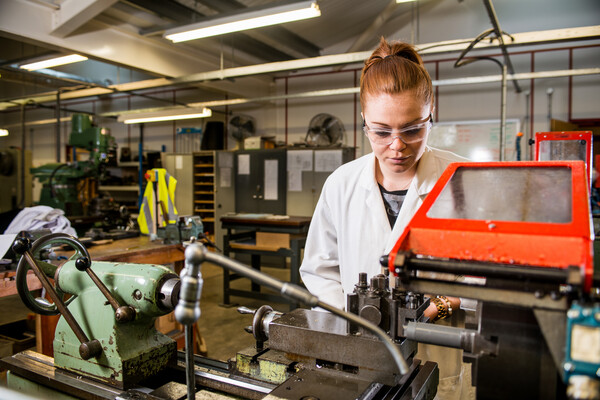
 Broadening my career options with a placement
Broadening my career options with a placement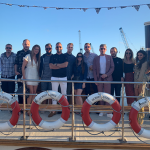 How a placement year kick-started my career
How a placement year kick-started my career My Computing in Business experience
My Computing in Business experience Life as a final year Computing student
Life as a final year Computing student


